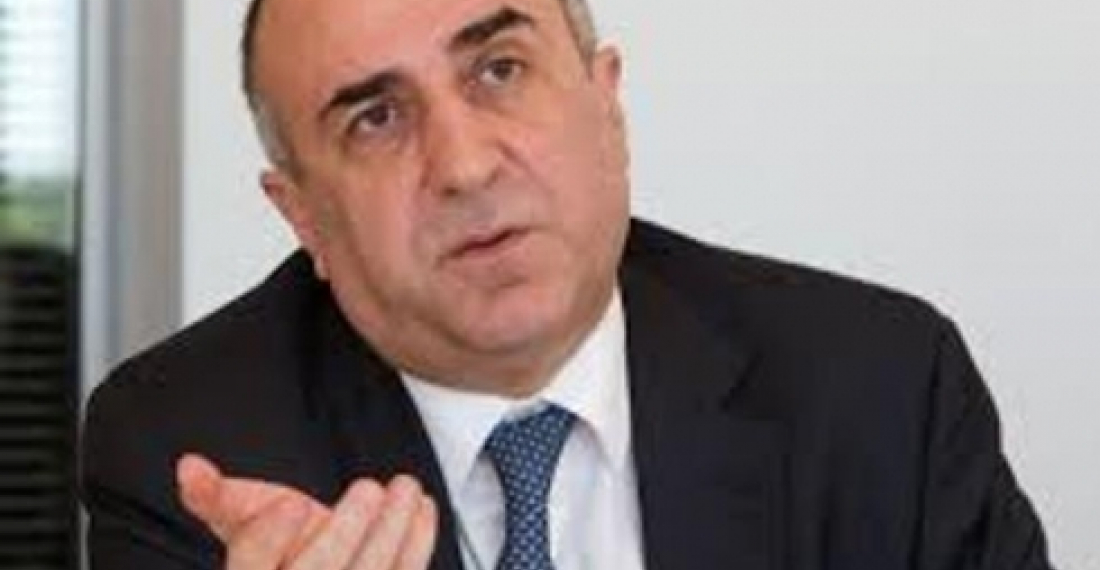Azerbaijan appears to have snubbed a proposal by the OSCE Minsk Group co-Chair to set up a working group to help with the Nagorno-Karabakh conflict settlement. Azerbaijani Foreign Minister Elmar Mammadyarov, was quoted by Azerbaijani media as saying that what was needed was for Armenia to withdraw from the territories of Azerbaijan that it has occupied. Whilst it seems that Mammadyarov has not rejected the idea outright the comments were understood as an attempt to underplay the importance of the initiative and to keep focused on the core issues.Mammadyarov made the remarks at a joint press conference following the meeting with Turkish Foreign Minister Mevlut Cavusoglu, who is on an official visit to Azerbaijan.
The diplomats from Russia, France and the United States, the three co-Chair of the Minsk process, were in the region last week in an effort to re-start the peace negotiations. Observers think that the current positions of the sides are more divergent than ever and that the mediators at the moment are primarily concerned at ensuring there is no escalation of violence on the line of contact.
source: commonspace.eu with agencies
photo: Azerbaijan Foreign Minister Elmar Mammadyarov (archive picture).







